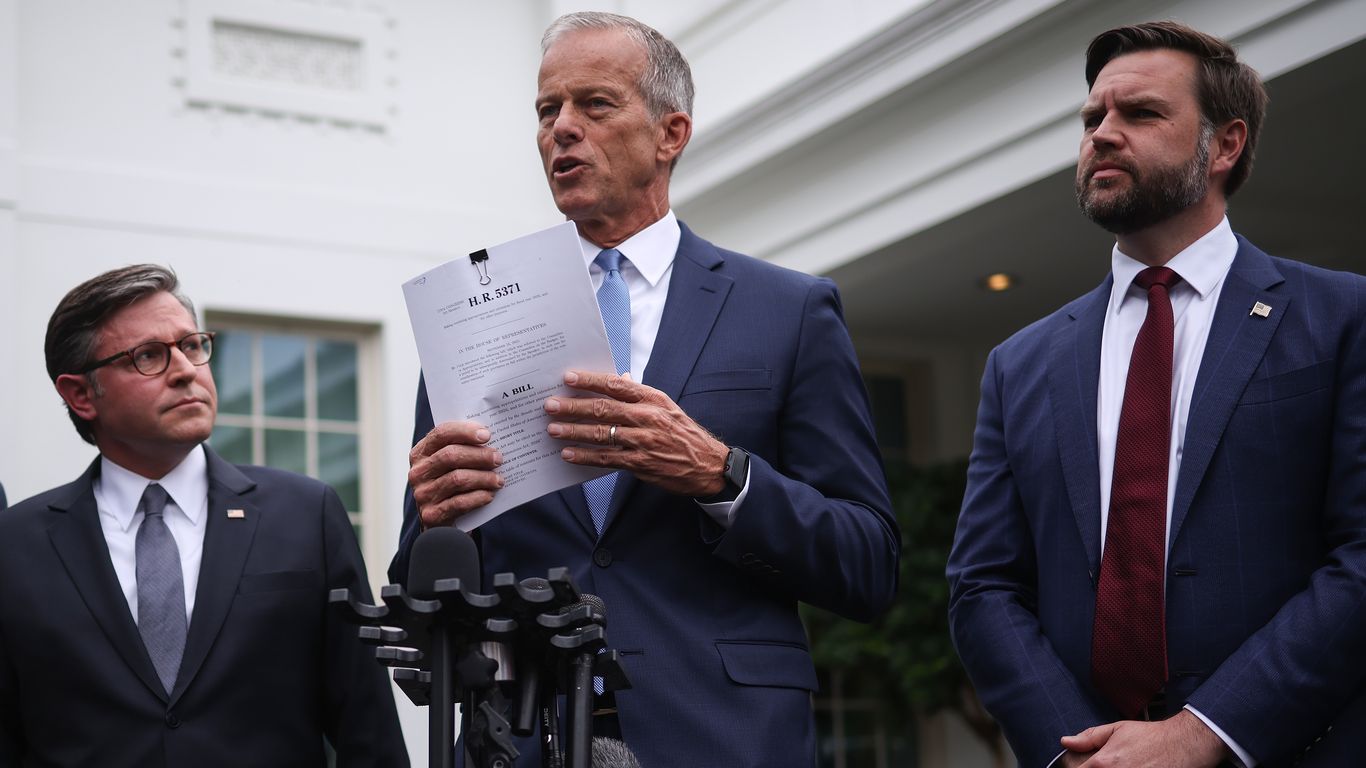
"The first shutdown since 2019 could be unusually disruptive if President Trump and budget director Russ Vought use it to reshape the federal workforce. Generally, federal functions deemed "essential" - including health programs, new Social Security and Medicare actions, SNAP benefits, FDA inspections and small business support - don't pause during a shutdown. A law passed during the 2019 shutdown allows federal workers to automatically receive back pay once funding resumes."
"The shutdown began at midnight, Oct. 1. Congress had until Sept. 30 to approve funding, but failed to reach a deal before the final bell. Flashback: The longest government shutdown in U.S history stretched 35 days from late 2018 to early 2019 during President Trump's first term. Before that, the longest shutdown stretched 21 days during the Clinton administration. Republicans and Democrats clashed on budget reductions, social programs and tax policy."
The shutdown began at midnight on Oct. 1 after Congress failed to approve funding by Sept. 30. The pause could be unusually disruptive if President Trump and budget director Russ Vought use it to reshape the federal workforce. Essential federal functions continue during a shutdown, including health programs, new Social Security and Medicare actions, SNAP benefits, FDA inspections and small-business support. A law from the 2019 shutdown mandates automatic back pay for federal workers once funding resumes. The White House threatened Reduction in Force notices for employees in programs inconsistent with presidential priorities, which could cause thousands of firings. Congressional pay is constitutionally protected. Federal agencies typically require annual appropriations to operate.
Read at Axios
Unable to calculate read time
Collection
[
|
...
]